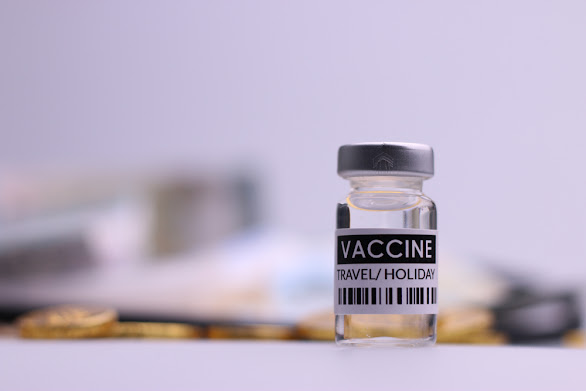 |
| Dangers of Ignoring Buildup of Ear Wax |
Ear wax,
medically known as cerumen, might seem inconsequential, but its accumulation
and subsequent neglect can lead to significant repercussions, impacting not
only your hearing but also your overall ear health. At Lawton Pharmacy, we
understand the importance of addressing ear wax buildup to prevent potential
complications.
Understanding Ear Wax Buildup Ear wax serves a
crucial purpose, naturally occurring to protect and lubricate the ears.
However, when excess wax accumulates or isn’t effectively removed, it can
result in blockages. This build-up might cause a range of issues, including
impaired hearing, discomfort, and sometimes, pain. Hearing Loss Risks One of the most
concerning risks associated with untreated ear wax buildup is hearing
impairment. The blockage caused by excessive wax can obstruct sound waves,
leading to reduced hearing ability. Over time, if left unattended, this could
result in temporary or even permanent hearing loss. Effects of Earwax Blockage Apart from
hearing loss, untreated ear wax buildup can cause various discomforts. You
might experience sensations of fullness or pressure in the ears, leading to
dizziness or balance issues. It may also contribute to ringing in the ears
(tinnitus), affecting your day-to-day activities and overall well-being. Importance of Earwax Removal Addressing ear
wax buildup is crucial. Seeking professional assistance, like the services
offered at Lawton Pharmacy's Travel Clinic in Uxbridge, Middlesex, ensures safe
and effective ear wax removal. Our specialised team utilises advanced
techniques to gently remove excess wax, reducing the risks associated with its
accumulation. Preventing Risks Through Proper Care Regular
monitoring and maintenance of ear hygiene play a vital role in preventing wax
build-up. However, it's essential to avoid using cotton swabs or other invasive
tools that can push the wax deeper into the ear canal, exacerbating the issue. CTA: Prioritise Your Ear Health In conclusion,
the risks associated with neglecting ear wax buildup extend beyond simple
discomfort. Hearing loss, balance issues, and persistent discomfort are
potential consequences. However, timely intervention and proper care, such as
the services provided at Lawton Pharmacy, can mitigate these risks, ensuring
optimal ear health. Your hearing
health is non-negotiable. If you're experiencing symptoms of ear wax buildup or
seek preventive care, visit our Travel ClinicsS in Uxbridge, Middlesex. Our
dedicated team ensures professional ear care services, safeguarding your
hearing and overall ear health. Don't compromise on your well-being; schedule
your appointment today! Remember, when it comes to your hearing, proactive care is paramount. Don't let ear wax buildup become a hindrance; prioritise your ear health for a better quality of life. |










